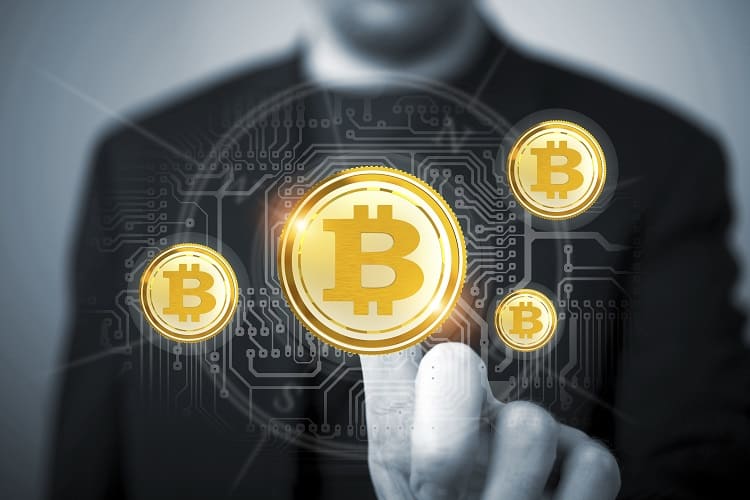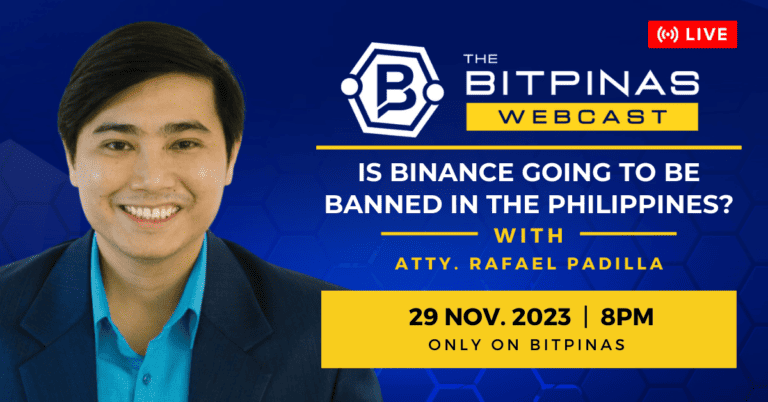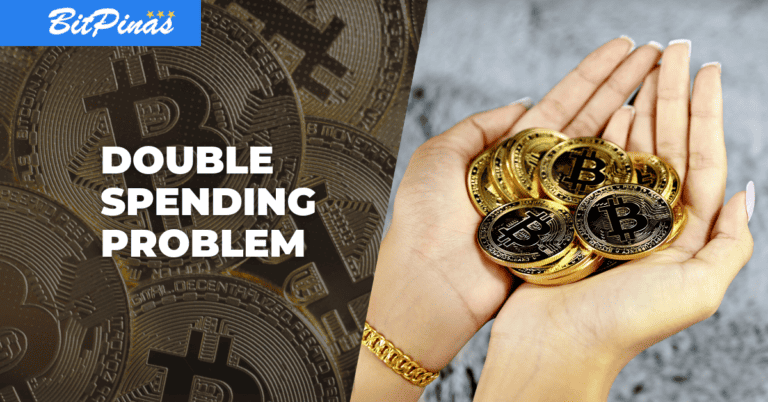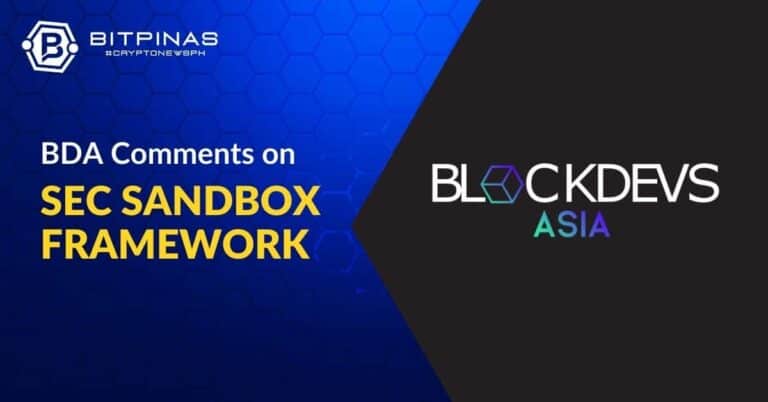What is Virtual Currency?
Virtual currency is distinct from fiat currency as well as e-money – the digital representation of fiat currency. Cryptocurrency is a type of virtual currency, as per how the Bangko Sentral ng Pilipinas (BSP) classifies it.

Bitcoin and cryptocurrency are hot topics among regulators around the world. Some countries even ban their use. In the Philippines, we are lucky because the Bangko Sentral ng Pilipinas (BSP) have released circulars and advisories when it comes to cryptocurrencies.
In this article, we will talk about virtual currency.
What is Virtual Currency?
The BSP defined virtual currency as a “type” of digital currency that is created by a community of online users. It is often stored in electronic wallets and transacted online.
Features of Virtual Currency
Virtual currencies may be transferred from one person to another who has a wallet capable of storing them. It may be used to buy virtual items or even real-world physical items and services. If it is used as a means to transact, then virtual currencies can be used as a medium of exchange.
Virtual currencies can also be exchanged to fiat money (actual cash) through people, companies, or cryptocurrency exchanges.
It is important to note that virtual currencies are not issued or guaranteed by central banks or governments. (Also note that some countries and central banks are entertaining the very idea of issuing them.)
What is the Difference Between Virtual Currency and Cryptocurrency

Virtual Currency (VC) is a general term covering different types of currencies depending on the business model. Examples are:
- Centralized (one entity or individual issues the VC;
- Decentralized (no central entity but several entities or individual maintain the VC;
- Convertible (VC can be converted to fiat);
- Cryptocurrencies
As per the BSP, cryptocurrency is a type of VC that uses cryptography – a method of storing and transmitting data in an unreadable form. In that way, only the intended receivers can read and process it. Transactions are carried out in a decentralized manner.
How Does Virtual Currency Differ From Fiat Currency and E-Money?
VC is not fiat currency or real currency. Fiat currency is the one printed by a central bank of the country. In the Philippines’ case, it’s the BSP. Fiat currency – The Philippine Peso (Php) is designated and circulated as legal tender – meaning it can (must) be used and accepted as a medium of exchange. The Php is backed fully by the Philippine government. Fiat currency is accepted as payment for public and private debts, taxes, bills, etc.
VC is also distinct from e-money – the digital representation of fiat currency. E-money can be converted to fiat currency via licensed e-money issuers (EMIs) and agents. E-Money is, by all intents and purposes, also legal tender.
Do I need to register if I have a virtual currency?

If your company wants to deal with virtual currencies i.e offering virtual currencies, facilitating buy and sell of virtual currencies to fiat, you must register with the BSP as a virtual currency exchange. You can check out the list of licensed virtual currency exchanges here.
This article is first published on BitPinas: What is Virtual Currency?





